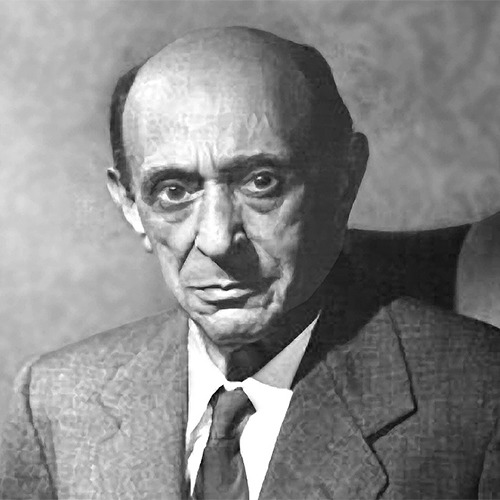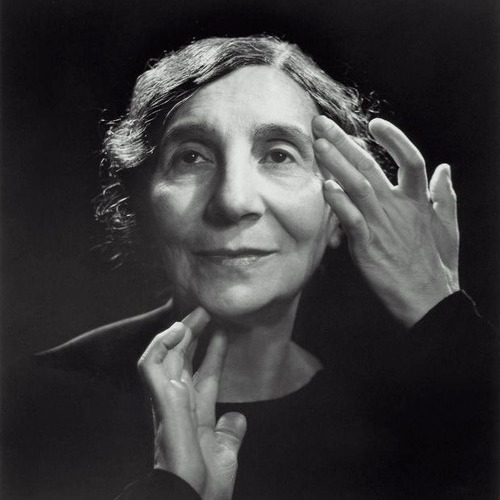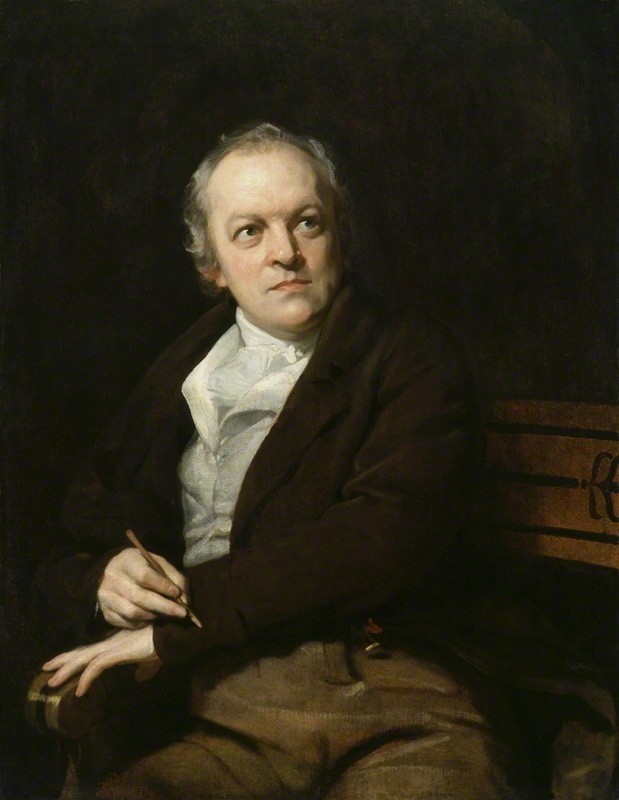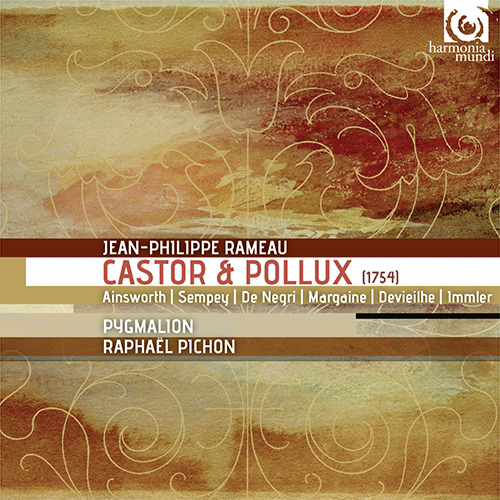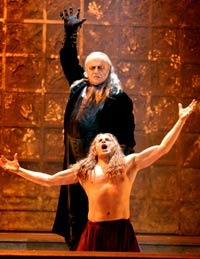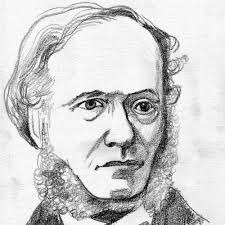Arnold Schoenberg (1874-1951) rightfully considered himself the musical successor to both Richard Wagner and Johannes Brahms. Simultaneously extending their traditionally opposed German Romantic styles, Schoenberg started work on a song cycle for soprano, tenor and piano in 1900. For his
October, 2015
Virtuoso, musicologist, distinguished author, a woman who was, “in love with her audience,” Wanda Landowska’s dynamic and powerful playing single-handedly revived interest in the harpsichord. Her performance of J.S. Bach’s Goldberg Variations at New York’s Town Hall, in 1942 was
When you’re tired of the television jingles and interminable repetitions of “The Wheels on the Bus,” you’re ready to explore the world of music that appeals to children. Much as we wish they would love the music that stimulates our
The Romantic period poet and artist William Blake (1757-1827) made more of an impression after his death than he did during his own lifetime. Whereas he was largely unrecognized when he was alive, current critics now declare him “…the greatest
Castor et Pollux, Acte I, Scène 5: “Chantons l’éclatante victoire” (Choeur de Spartiates) From Rameau – Castor et Pollux (2015) Released by Harmonia Mundi Rameau: Castor et Pollux, Acte I, Scène 5: “Chantons l’éclatante victoire” (Choeur de Spartiates)At the height
Of all the pieces that I’ve performed over my career Max Bruch’s Kol Nidrei is the one I’ve performed most. It’s been my privilege to play this work each year for three decades. This melody is probably one of the
Dying is an essential part of just about every opera plot. Whether husbands or male lovers act out of jealousy, or wives or female lovers go mad, opera has given us a delectable variety of violent and unnatural deaths. Yet
In 1843, César Franck began work on his first non-chamber work, the oratorio Ruth. The libretto by Alexandre Guillemin is inspired by the biblical “Book of Ruth” and arranged in the manner of an operatic text. In fact, the three-part

